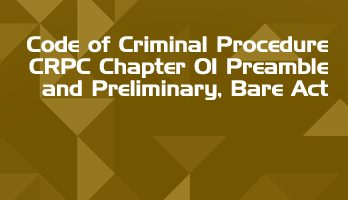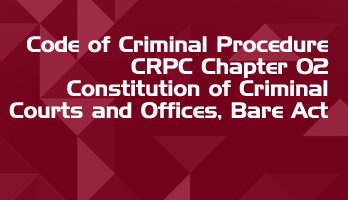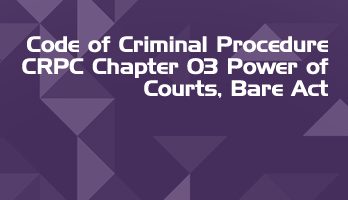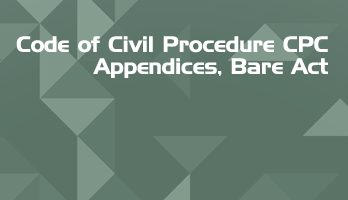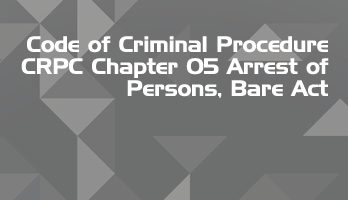A 'Bare act' is the actual legislation passed by the Parliament of India. Generally, an act sets out the high level legal and policy principles applicable to the subject matter of the law.
Most acts are accompanied by 'subsidiary legislation' such as rules, regulations, notifications and orders; which address the actual implementation detail of the act.
Free Full Course Available on LawMint's YouTube Channel
How to Land Your Dream LLB Internship in a Top Law Firm
- Part 1 - Introduction
- Part 2 - Internship Planning
- Part 3 - Internship Research
- Part 4 - Building Your Profile
- Part 5 - The Email
- Part 6 - The Resume
- Part 7 - The Cover Letter
- Part 8 - The Interview
- Part 9 - Self Development
Practical and comprehensive course, with real examples and step-by-step analysis of the complete internship application process. Check out LawMint's YouTube channel now!
Negotiable Instruments Act, 1881
Chapter XIII – Special Rules of Evidence
Section 118 – Presumptions as to negotiable instruments
Until the contrary is proved, the following presumptions shall be made:
- of consideration; that every negotiable instrument was made or drawn for consideration, and that every such instrument, when it has been accepted, indorsed, negotiated or transferred, was accepted, indorsed, negotiated or transferred for consideration;
- as to date; that every negotiable instrument bearing a date was made or drawn on such date;
- as to time of acceptance; that every accepted bill of exchange was accepted within a reasonable time after its date and before its maturity;
- as to time of transfer; that every transfer of a negotiable instrument was made before its maturity;
- as to order of indorsements; that the indorsements appearing upon a negotiable instrument were made in the order in which they appear thereon;
- as to stamp; that a lost promissory note, bill of exchange or cheque was duly stamped;
- that holder is a holder in due course; that the holder of a negotiable instrument is a holder in due course: Provided that, where the instrument has been obtained from its lawful owner, or from any person in lawful custody thereof, by means of an SP offence or fraud, or has been obtained from the maker or acceptor thereof by means of an offence or fraud, or for unlawful consideration, the burthen of proving that the holder is a holder in due course lies upon him.
Section 119 – Presumption on proof of protest
In a suit upon an instrument which has been dishonoured, the Court shall, on proof of the protest, presume the fact of is dishonour, unless and until such fact is disproved.
Section 120 – Estoppel against denying original validity of instrument
No maker of a promissory note, and no drawer of a bill of exchange or cheque, and no acceptor of a bill of exchange for the honour of the drawer shall, in a suit thereon by a holder in due course, be permitted to deny the validity of the instrument as originally made or drawn.
Section 121 – Estoppel against denying capacity of payee to indorse
No maker of a promissory note and no acceptor of a bill of exchange payable to order shall, in a suit thereon by a holder in due course, be permitted to deny the payee’s capacity, at the date of the note or bill, to indorse the same.
Section 122 – Estoppel against denying signature or capacity of prior party
No indorser of a negotiable instrument shall, in a suit thereon by a subsequent holder, be permitted to deny the signature or capacity to contract of any prior party to the instrument.
Important Central Acts in Regional Languages
Legislative department website also features regional language versions of several important Central Acts.
Free Full Course Available on LawMint's YouTube Channel
How to Land Your Dream LLB Internship in a Top Law Firm
- Part 1 - Introduction
- Part 2 - Internship Planning
- Part 3 - Internship Research
- Part 4 - Building Your Profile
- Part 5 - The Email
- Part 6 - The Resume
- Part 7 - The Cover Letter
- Part 8 - The Interview
- Part 9 - Self Development
Practical and comprehensive course, with real examples and step-by-step analysis of the complete internship application process. Check out LawMint's YouTube channel now!








